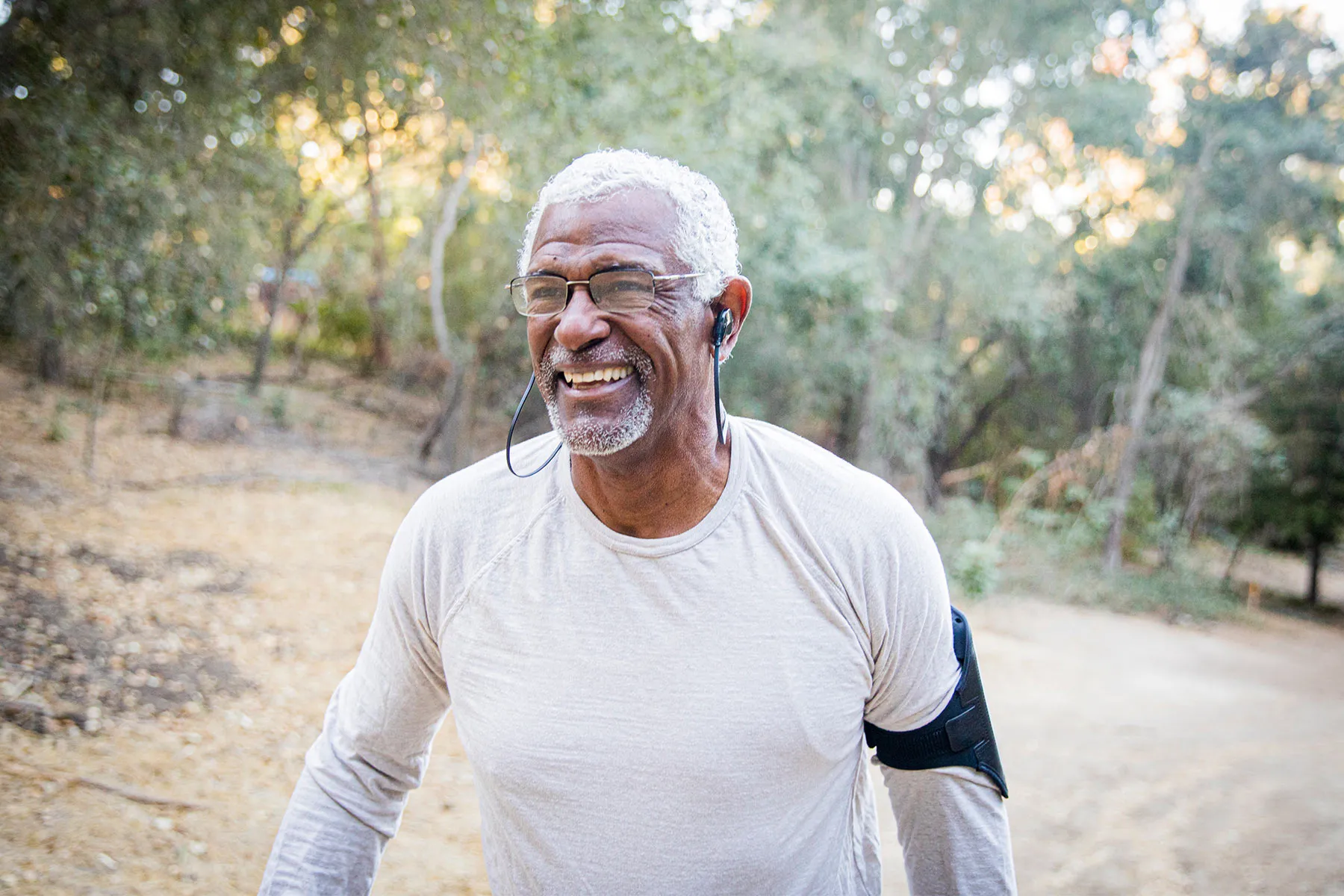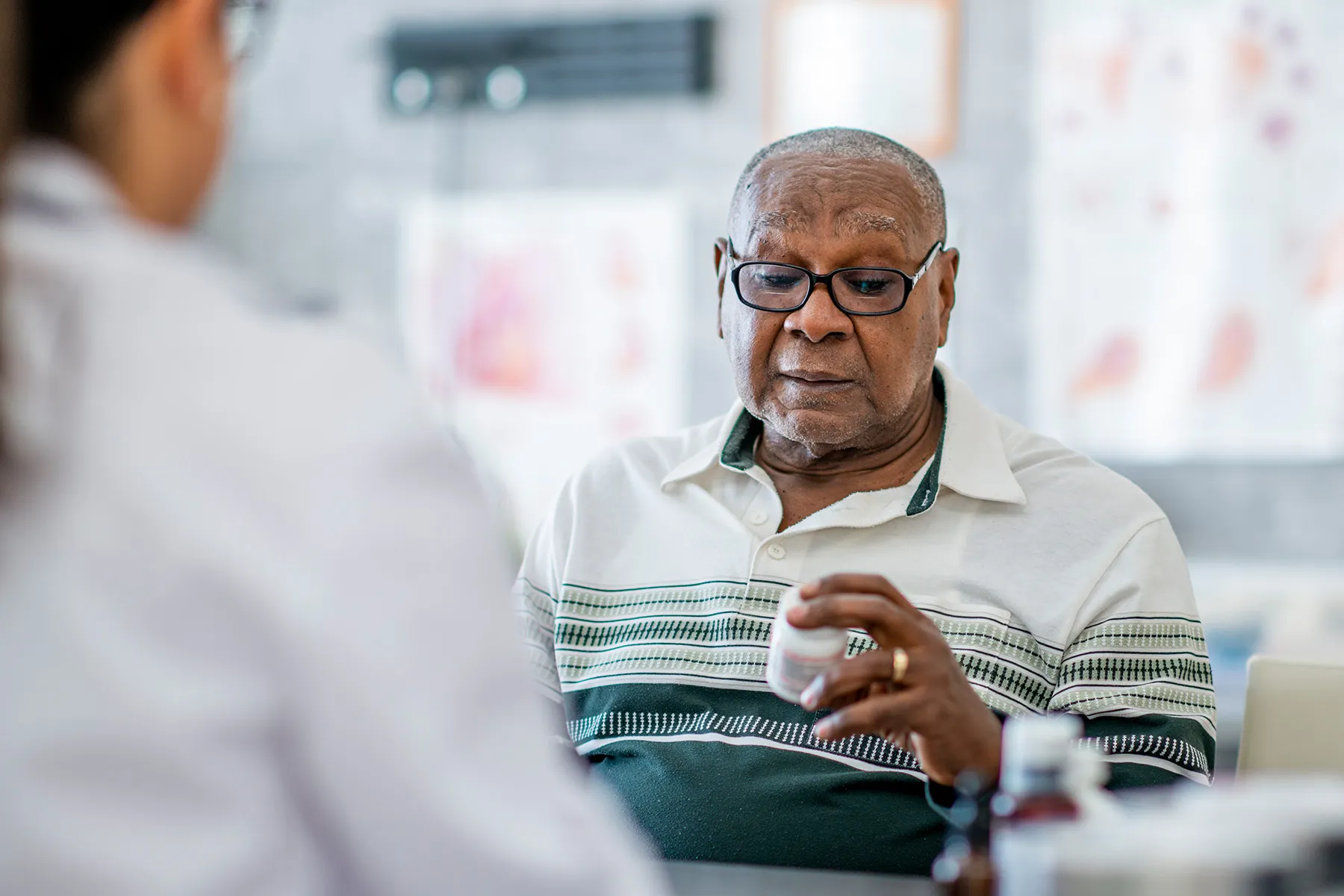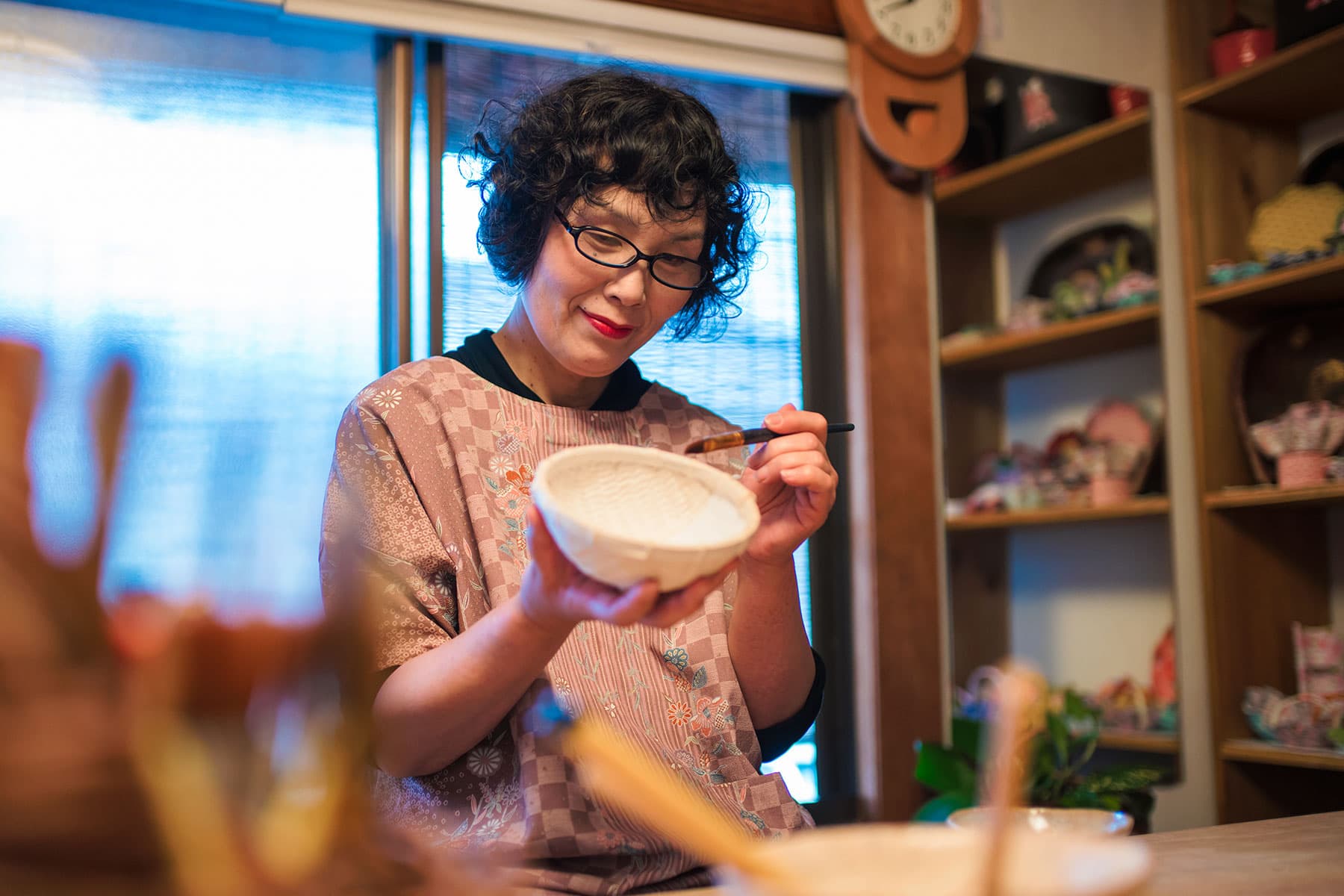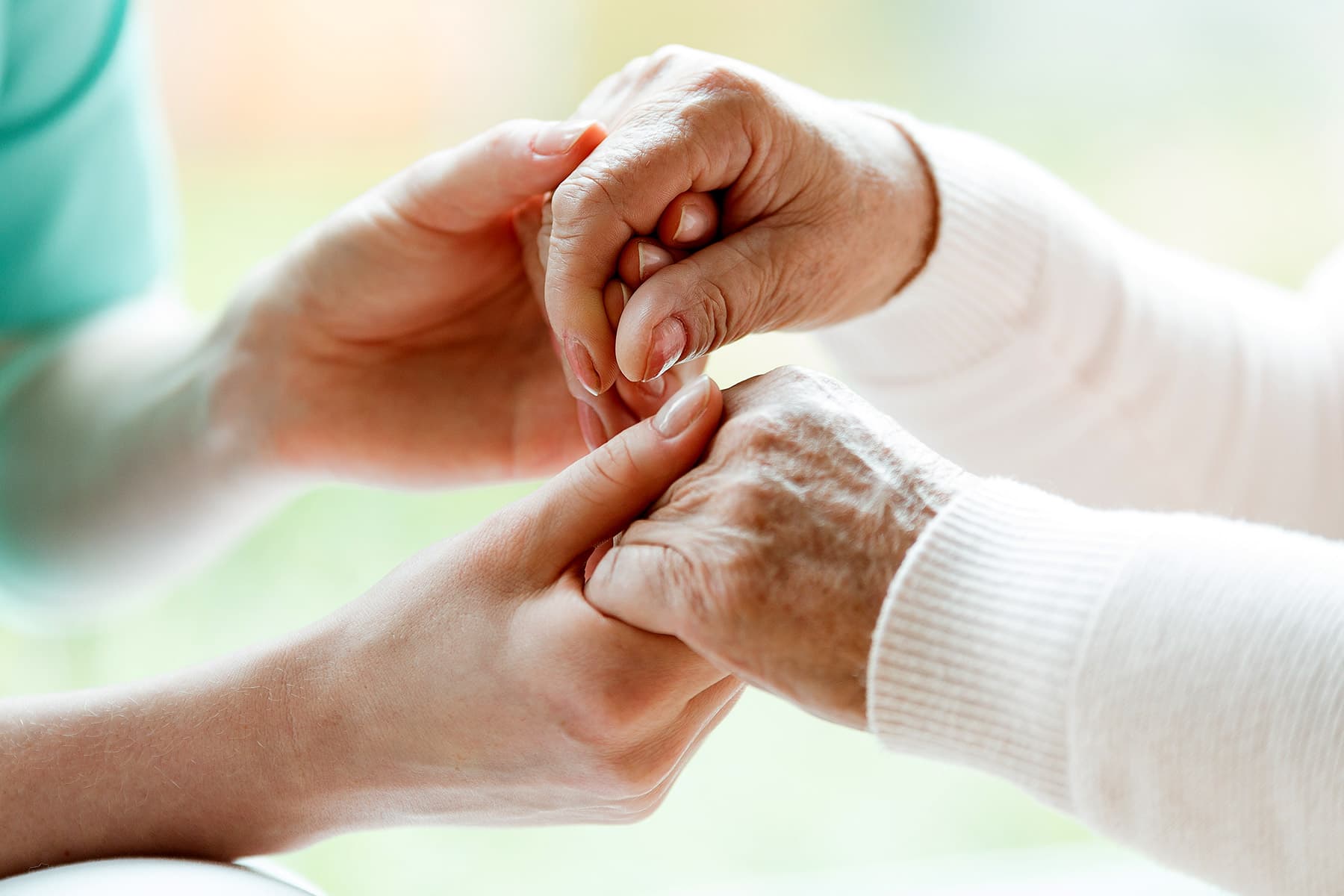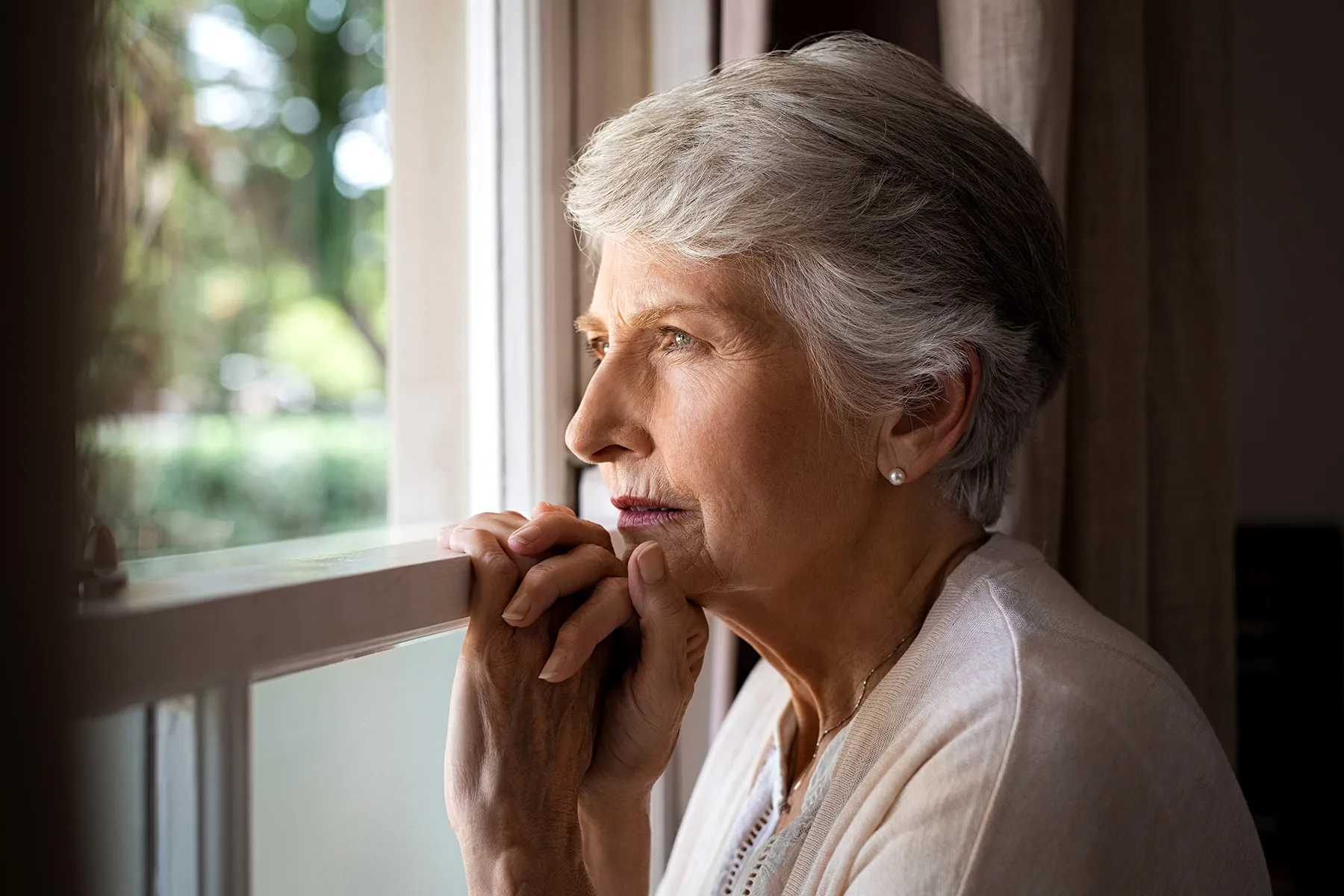Self-Care Tips for Living With Metastatic NSCLC

Sources Medically Reviewed on 11/19/2022 Reviewed by Gabriela Pichardo, MD on November 19, 2022
IMAGES PROVIDED BY:
1) Getty
2) Getty
3) Getty
4) Getty
5) Getty
6) Getty
7) Getty
8) Getty
9) Getty
10) Getty
11) Getty
12) Getty
SOURCES:
American Lung Association: “Nutrition and Lung Cancer Treatment,” “Supportive (Palliative) Care for Lung Cancer,” “Feelings and Cancer.”
MD Anderson Cancer Center: “Cancer treatment side effect: Dehydration.”
Familydoctor.org: “Hydration: Why It’s So Important.”
Dana-Farber Cancer Institute: “Exercising with lung cancer.”
Mayo Clinic: “Cancer pain: Relief is possible.”
Oncology Times: “Yoga Benefits Lung Cancer Patients & Their Caregivers.”
LungCancer.org: “Relaxation Techniques and Mind/Body Practices: How They Can Help You Cope With Cancer.”
Cancer.Net: “Managing Stress.”
Johns Hopkins Medicine: “5 Healthy Habits That Help You During Lung Cancer Treatment.”
National Cancer Institute: “Feelings and Cancer,” “Learning to Relax.”
Reviewed by Gabriela Pichardo, MD on November 19, 2022
This tool does not provide medical advice. See additional information.
THIS TOOL DOES NOT PROVIDE MEDICAL ADVICE. It is intended for general informational purposes only and does not address individual circumstances. It is not a substitute for professional medical advice, diagnosis or treatment and should not be relied on to make decisions about your health. Never ignore professional medical advice in seeking treatment because of something you have read on the WebMD Site. If you think you may have a medical emergency, immediately call your doctor or dial 911.
Health Solutions From Our Sponsors
- Penis Curved When Erect?
- Could I have CAD?
- Treat Bent Fingers
- Treat HR+, HER2- MBC
- Tired of Dandruff?
- Benefits of CBD
- Rethink MS Treatment
- AFib-Related Strokes
- Risk of a Future DVT/PE
- Is My Penis Normal?
- Relapsing MS Options
- Liver Transplants Save Lives
- Finance Plastic Surgery
- Bent Finger Causes
- Living With Psoriasis?
- Missing Teeth?


